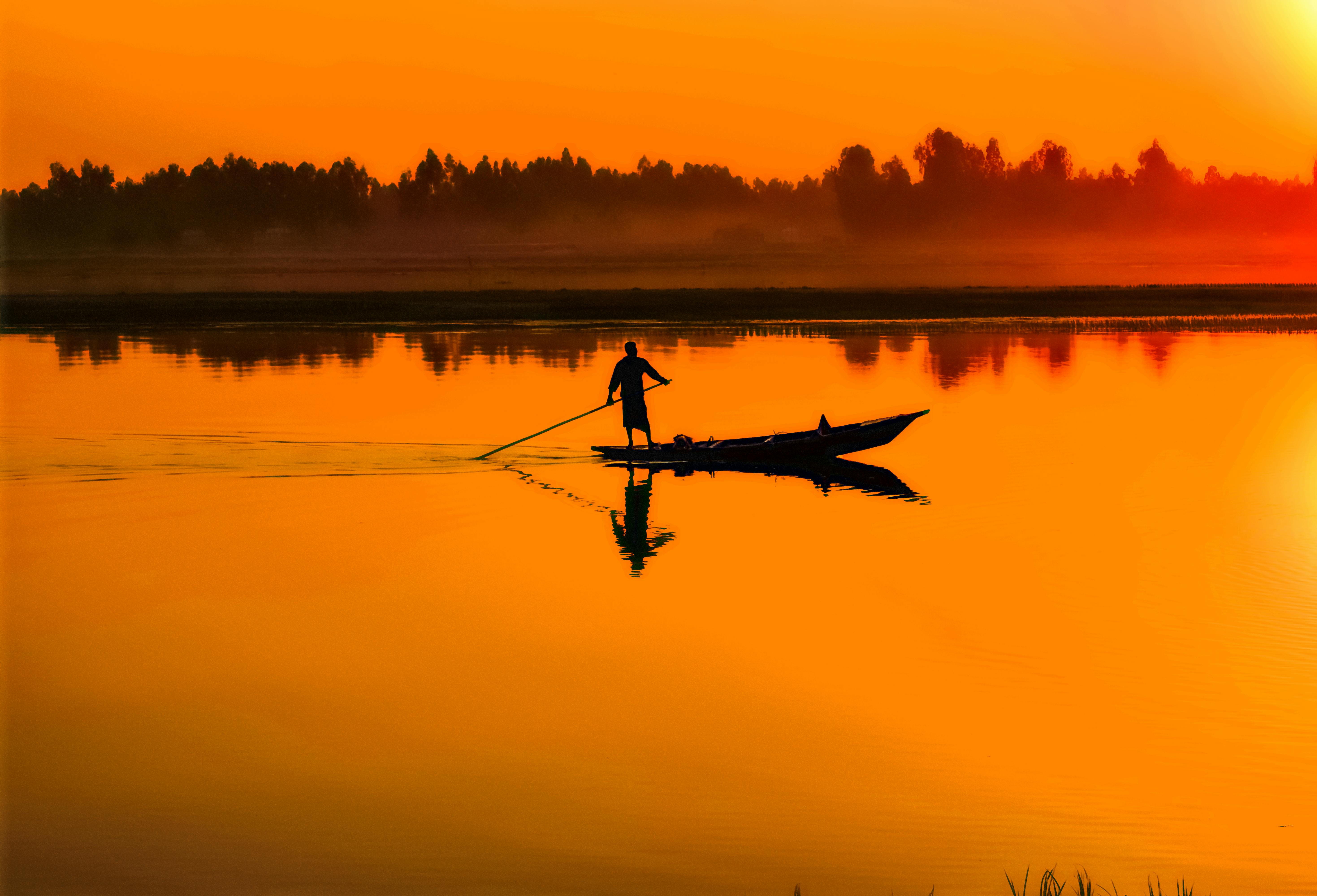In 2004, a little science movie called “What the Heck Do We Know?” it was a surprise hit that made average everyday people think about quantum physics. Recently, filmmakers Betsy Chasse, Mark Vicente and William Arntz of Yelm, Wash.-based Lord of the Wind Films released a special edition of the film “Down the Rabbit Hole Quantum” with six hours of bonus interviews. It’s all part of his plan to remove the fear factor from science.
You might find the words “quantum physics” a bit intimidating or even downright scary. “What the hell do we know?!” opens up a whole new world of scientific possibilities in words, analogies, and images that almost anyone can understand. The filmmakers explore answers to the most frequently asked questions about the universe: “What is it? Where do we fit in? And why do we do what we do?”
“Our goal was to make those words ‘quantum physics’ less scary to people,” Chasse said during a phone interview. “We wanted to remove the taboo from science and help people see what science says, what science means to them in their everyday lives, and how science and spirituality are related. We took out the big words and left the audience with ideas”.
Part narrative, part documentary, the film presents theories about the uncertain realm of the quantum field hidden behind our normal waking reality, and explores how our minds affect this reality. The idea is revealed through three paths, which are interwoven throughout this 120-minute experimental film: A fictional story about a woman disillusioned by life and love; interviews with real scientists, doctors and mystics; and a wide variety of elaborate visual effects.
Academy Award-winning actress Marlee Matlin stars as the lead, Amanda, an unhappy divorced wedding photographer who finds herself in an Alice in Wonderland-esque experience until suddenly her daily life falls apart. She becomes aware of limitless opportunities through the teachings of a 10-year-old boy (Robert Baily, Jr.) who explains quantum physics to her.
In the midst of his awakening, he begins to question his fundamental premises of life. He begins to see that her view of men and how relationships should be is a result of his emotional state, rather than a reflection of reality. As he begins to relax into the experience, he gains control over his fears and changes his perspective.
Documentary segments of the film provide commentary from world-renowned experts discussing topics including spirituality, consciousness, happiness, and sexuality. According to Chasse, these 14 experts serve as a modern Greek chorus explaining what the characters experience. The rest of the cast includes Barry Newman, Elaine Hendrix, and Armin Shimerman.
“We initially contacted doctors, scientists and mystics to ask basic questions about quantum physics because we wanted a simple way to explain these ideas,” he said. “They were able to break things down into what they mean and what they mean to us.”
Notable physicists are William Tiller, Amit Goswami, John Hagelin, Fred Alan Wolf, and David Albert. Physicians Stuart Hameroff, Jeffrey Santinover, Andrew Newberg, Daniel Monti, and Joseph Dispenza appear in the film, along with molecular biologist Candace Pert. The cast of the documentary is completed by mystics and scholars Ramtha, Khenpo Yurmed Tinly and Miceal Ledwith.
Three different studios (in South Africa, Toronto and Vancouver) worked on the 300 visual effects, which took over a year to develop. The various styles and techniques include CGI shots of the mysterious quantum world and inside the brain, and composite shots of the subatomic world interacting with the actors, as well as small animated characters that demonstrate our emotional foibles. The animated segments allow the photographer’s viewer to break down happiness down to the cellular level, revealing that people are addicted to the chemicals of their emotions.
Famous lead actors, top experts, 300 special effects, a cast and crew of more than 250 people, and haunting music by Christopher Franke (formerly a member of the Tangerine Dream musical group, who composed scores for more than 30 feature films, including “Legend, However, “Firestarter” and “Risky Business”) come at a price. The project, which was based on Arntz’s original idea, took more than three years to complete on a budget of about $4 million.
Chasse and Arntz shared writing, directing, and producing responsibilities. Vicente, who co-directed and co-produced, also served as cinematographer. “One of the benefits of having three directors is that collaboration takes on a whole new meaning and you really learn to listen,” Chasse said. “We had to approach this project with an independent perspective to accept new ideas no matter where they came from.”
Many of these ideas did not come from traditional West Coast sources. “Hollywood told us we couldn’t make the movie,” Chasse said. “People said we couldn’t get what we wanted on such a low budget and there was no market for the subject matter. In the world of independent film, you can take risks to do what your heart tells you to do.”
